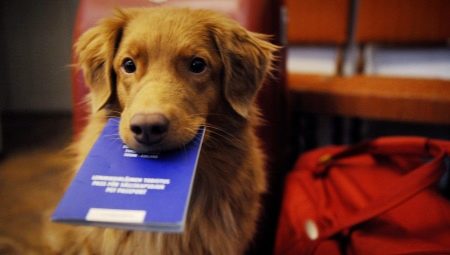Pets, like people, have the right to life. A man tames them - and another responsibility is assigned to him. The practice of preventing the extermination of any animals is not just an initiative of communities and protection groups, but the terms and conditions, reinforced by law.
Governing laws
In Russia, pets are subject to the following terms and conditions, acting on the basis of decrees and decisions at the federal level.
Federal Law of December 27, 2018 No. 498-ФЗ “On Responsible Handling of Animals and on Amending Certain Legislative Acts of the Russian Federation”. The law is under consideration and approval and will enter into force definitively by 2021.
Decree of the Government of Moscow of February 8, 1994 No. 101 “On the approval of the“ temporary rules for keeping dogs and cats in Moscow ”and the“ temporary provision for the capture and keeping of stray dogs and cats in Moscow ”.
- Federal Law No. 4979 “On Veterinary Medicine”, adopted on May 14, 1993
Accurate amendments on the types of animals tamed as pets, no laws and bills yet prescribe. In other words, you can keep both a cat and a hedgehog.

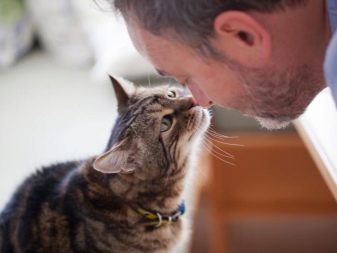
What animals are considered pets?
The most common are dog and cat.Some bird species (parrots, crows, pigeons and several other species), rodents (decorative rats, hamsters, guinea pigs), small species of turtles, and several other species belonging to different types also fall into the category of domestic birds.
Predators (lions, tigers, crocodiles, wolves, etc.), some species of snakes, scorpions, etc. are prohibited for keeping at home. The issue of importing, for example, small species of monkeys into the territory of Russia is also at the decision stage.
Below you can find the Resolution of June 22, 2019 No. 795 "On approval of the list of animals prohibited for keeping."

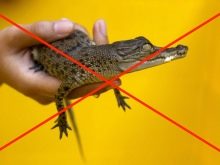

According to the law, any animal on which a veterinary certificate is issued is considered domestic. It must be registered and periodically undergo the necessary prophylaxis (for example, antiparasitic). Dogs and cats should also be regularly vaccinated against rabies and wear a flea-collar collar.
In other cases, the animal is considered ownerless, not domesticated. Animals that have not been vaccinated against rabies and their owners who have not received registration documents for them are subject to additional sanctions. The owner of such an animal pays a fine of 2-3 thousand rubles. In the next few years, it may become a massive procedure for chipization of dogs and cats.
If you have an animal that is on the banned list, but wound up before 01/01/2020, it will be considered a pet.
Owners of such animals can safely keep them further, but it will become impossible to start new ones from the list of prohibited species.
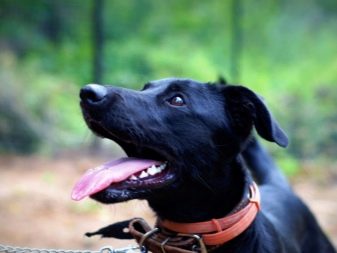
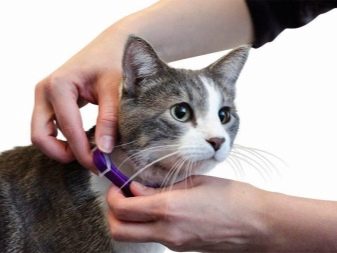
Content Rules
There is a set of general rules for keeping pets in an apartment and an apartment building, the observance of which is caused by the need to prevent all kinds of accidents and other incidents that are undesirable for society as a whole and for specific people in particular.
- The pet must live on the territory of the person who tamed it and is responsible for it. It is forbidden to let the animal outside the apartment - for example, into the porch, floor hall or premises, loggias and public balconies, into the stairwell, into the attic or basement, basements and underground passages. It is impossible to deprive an animal of housing and send it to the street - you must take it to a shelter. Or, if it is terminally ill, you have the right to go to the veterinary clinic, where he is euthanized.
- It is forbidden to intentionally cause any harm to pets. An exception is not even beatings during training. The owner of a particular animal is committed to providing proper care for him. Euthanasia is prohibited - with the exception of, for example, the last stage of cancer, which is difficult to treat.
- When an animal does harm to its neighbors and passers-by, its owner will answer for it. He will compensate the loss and pay moral damage (by decision of the court or other competent authorities). If the victim is injured, resulting in serious harm - this is no longer administrative, but criminal liability.
- The owner must monitor the behavior of his pet. In particular, he should not use, for example, a fighting dog as a means to threats or blackmail. When attacking the same animal, the law will ask its owner.
- The behavior of the animal is an indicator of the care of its owner about him. So, the dog should not move around the territory of the sports or children's playground without a muzzle, ride with the owner in public transport.
- A pet should not fulfill its natural needs at stops, premises of schools, hospitals, etc. If this still happened, the owner must immediately clean up for the pet.
- If signs of aggressive behavior, danger to neighbors and passers-by are detected, the owner must isolate the animal from other people by contacting a veterinary clinic.In the event of the death of the same animal, the owner must hastily and correctly resolve the issue of his burial, and not use a common landfill for this. It is forbidden to bury a dead animal in the courtyards of residential areas and apartment buildings. There have been cases when animals infected with rabies were burned, but the corresponding service should also deal with cases of this kind.
- It is forbidden to breed dogs and cats of special breeds to get meat for food or fur.
- It is also not allowed to breed or buy fighting dogs to participate in dog fights.
- Animals must not be left unattended indoors or for more than an hour.


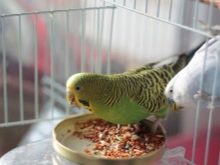
An apartment (own or temporary) should be used only for people, and not the arrangement or maintenance of a nursery or a point of overexposure, an animal shelter. Otherwise, the owner of the apartment must part with the animals or move out of the given living space. The same requirements apply to communal apartments, dormitories and the private sector. Inappropriate use of any living space is contrary to the Housing Code of the Russian Federation and sanitary standards.
In case of a malicious, periodic violation of the rules, the owner or guardian of pets is brought to administrative responsibility.
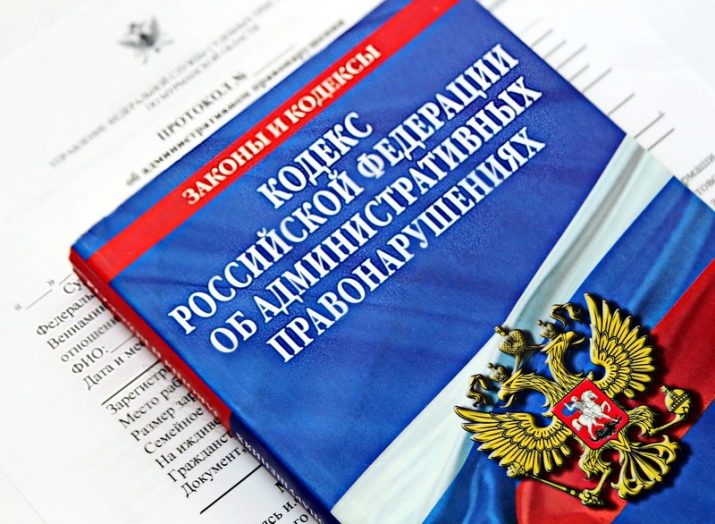
Features of keeping dogs and cats
Before you get a dog or cat, consider the following.
- The area of a city apartment may be insufficient for a dog to live, especially a large breed. Closure in the same room, the inability to get out at least briefly outside the house can serve as an impetus for mental disorder. The fact is that the larger the specific individual (breed), the more living space it will require. As a result, it can become more aggressive and pose a danger to people living nearby. In addition, in the apartment, the dog can often bark - this noise interferes with the neighbors: if during the day it can be uncritical (most of them are at work), then with the onset of the night (from 11 p.m.) the dog barking outside the wall will be annoying.
According to the law, at night (until 7 a.m.) there is a maximum permissible level (in decibels) for any noise. Violation of the silence law may result in neighbors contacting the police and other services and authorities in the community.



- Cats are less noisy, their contents are much simpler. It is unlikely that they, even mewing in a "chorus", will make a noise greater than or comparable to a barking or howling dog, but this does not mean that the owner has the right to leave the animals without control. You cannot throw your pets for a long time (disappear for a day or more without leaving them food and water, without changing the consumables in the trays).
The most annoying factor for neighbors is the smell of cat feces: when it is so strong that it is felt even in the vestibule and / or on the stairwell, then the neighbors have the right to contact the supervisory services - up to sending an application to the police department at the place of residence.


- Both dogs and cats require once a season a course of treatment or prophylaxis against parasites. You need to monitor the health of your pet.


One way or another, if such violations are detected, the owner of one or more pets is required to take action. For example, if it is not possible to distract the dog and thus silence it, then the walls of the apartment are sheathed with additional layers of soundproof building materials.
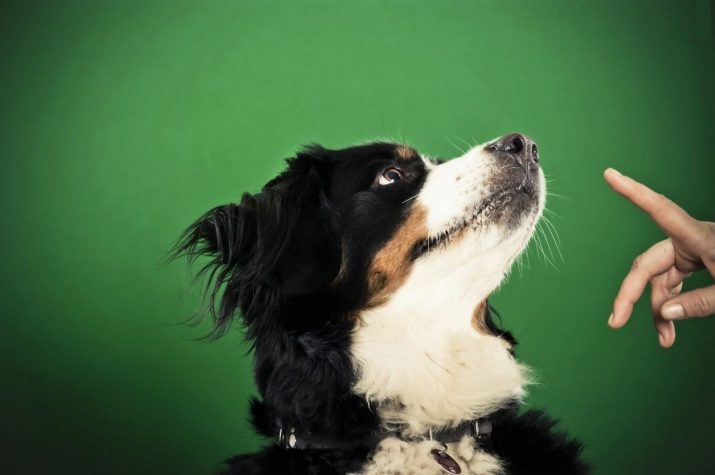
Dog walking
According to the new schedule, dog walking is allowed when:
- the dog walks in a designated area;
- she does not let go of the leash in public places (children's and sports grounds, access areas of hypermarkets and kindergartens, schools, courtyards of housing estates, etc.);
- if she is tied to a leash and is wearing a muzzle (this applies to dogs of an aggressive breed (for example, fighting dogs);
- the citizen walking the dog must be sober;
- representatives of heavy dog breeds (for example, fighting species) are walking a citizen who is already 14 years old.
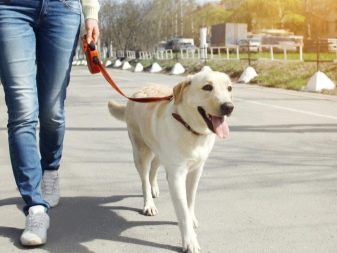
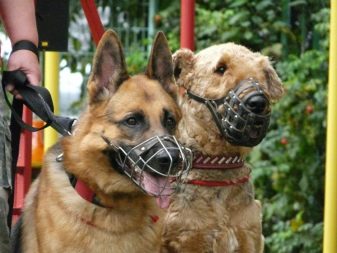
In some places not intended for dog walking, a prohibition sign or sign may hang. The frequency of dog walking should be at least twice a day.
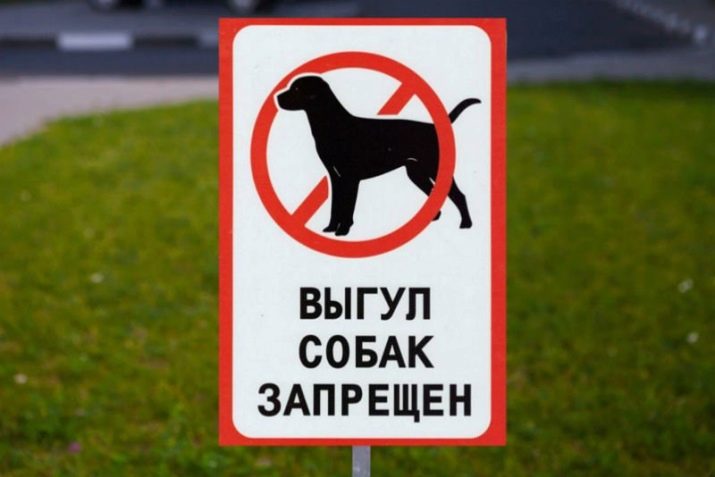
How many pets can I keep?
Keeping a cat and dog or two individuals of the same species, as a rule, is not burdensome: everyone can easily cope with it. When deciding whether to have a larger number of pets, the most important factors are the owner’s health and income, as well as living conditions.


Using pets as a source of income
If you are not an artist or a breeder, then any use of pets as an income item is severely limited. The activities of zoos, dolphinariums, terrariums and other organizations with the participation of any animals must be registered and licensed.
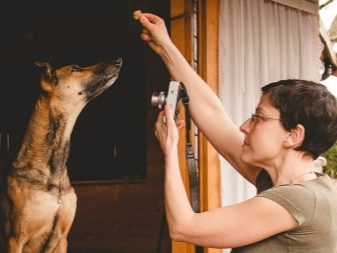

Punishment for breaking the rules
The amount of fines, if an administrative case has been opened for a particular incident, is as follows.
- According to the law, the owner of an animal that has damaged the property of a neighbor or a passerby will pay a fine of 4-5 thousand rubles.
- If you leave the dog in the wrong place (in particular, in the public) for a long period of time, the owner will face a fine of 1-2 thousand rubles.
- For cruelty to animals, if the offender was caught red-handed, the fine may even be more than 300,000 rubles.
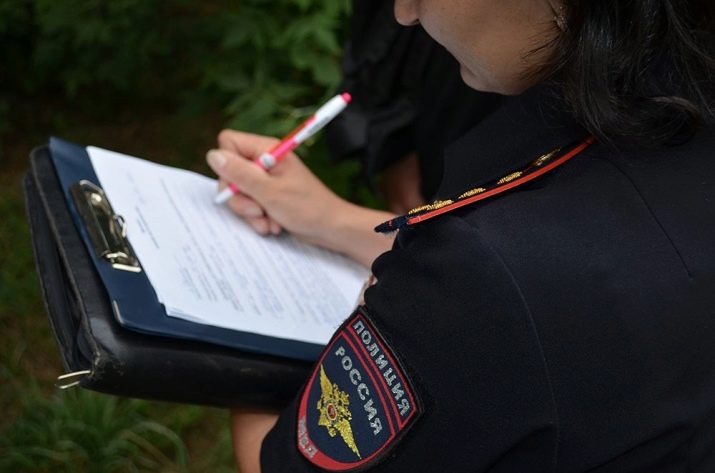
In cases where there has been a mass extermination of (several or more) domestic or stray animals, the danger of which has not been proved to people around, the Administrative Code of Russia does not apply. Such a technique is considered an excess of self-defense, therefore, a criminal article on acts of cruelty to animals can be applied. In this case, by a court decision, the offender is sent to free community service and fined or sentenced to a specific term of imprisonment (conditional or real).

When is it clear that a dog is being abused?
Signs of such an attitude towards one or more dogs may be the following symptoms.
- Dog all the time on a short chain or leash - the owner does not lower the chain or leash so that it stretches.
- There are no dog kennels. The animal is open to the vagaries of the weather, cannot hide from the heat, rain or snowfall. In this case, the owner does not take any measures to protect the dog from this.
- He deliberately poisons an animal with hunger, thirst, etc.The dog’s suffering is not justified.


If the neighbors have found such tactics on the part of the owner, a written complaint is filed with him to the prosecutor's office or to the administration of residence, certified by the signatures of persons who are witnesses of the incident. In this case, the legal adviser helps to draw up this document so that it has legal force. Photo and video materials captured by eyewitnesses of what is happening are attached to the case.


Often there is a quiet, unproven nightly persecution of dogs with special drugs that cause painful death of these animals. There are even doghunters - people who use both drugs and throwing (or pneumatic) weapons against dogs. Their activities go beyond the law.
Nevertheless, it is not a specific local resident or group of random persons who should control the number of stray dogs (and get rid of unnecessary ones that are dangerous to people in time), but a special service. It is best to address this issue to the administration of your community or city. Administration officials will call a brigade that catches stray dogs and cats in the region at the scene.
Whatever the subject of the dispute, the issue can be resolved even without contacting any supervisory services. And only if a peaceful way of solving the problem does not help, will the violators be called to order by the employees of these services.
In the next video, the lawyer answers all questions regarding the rules of keeping and walking dogs.
